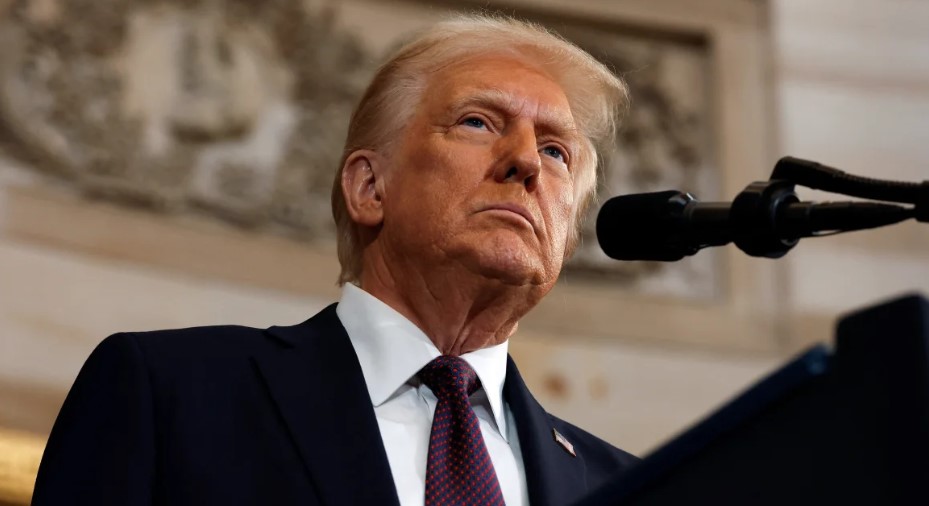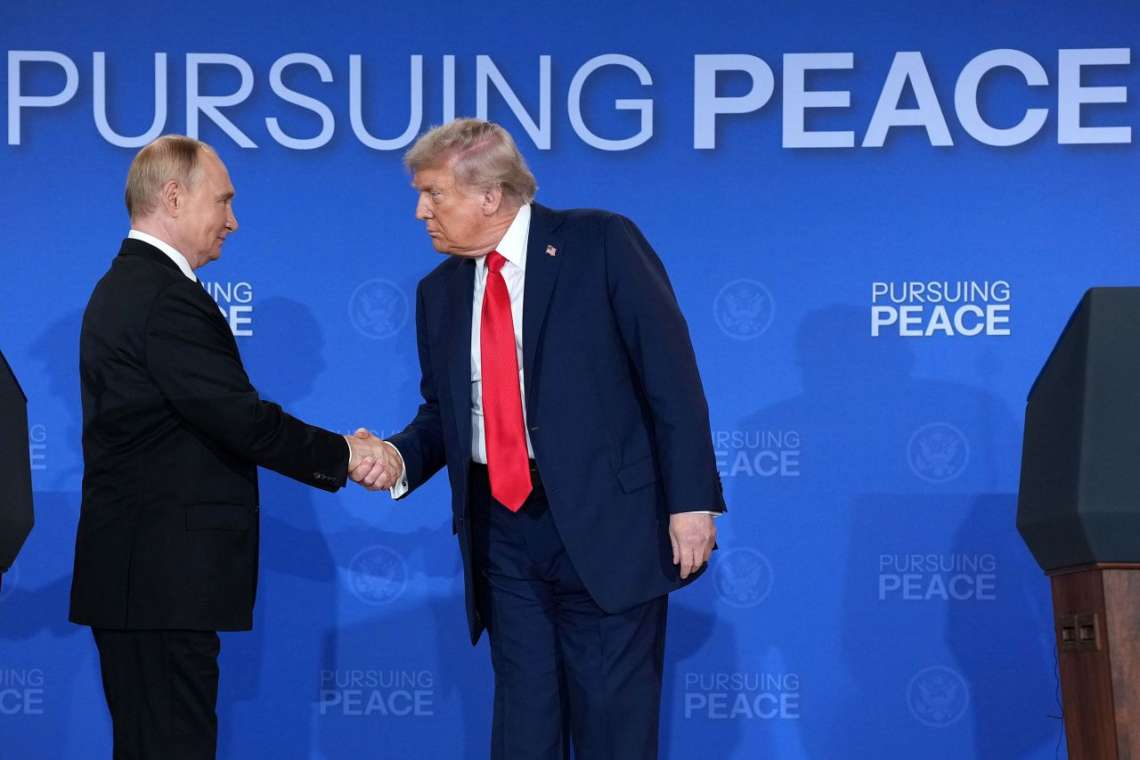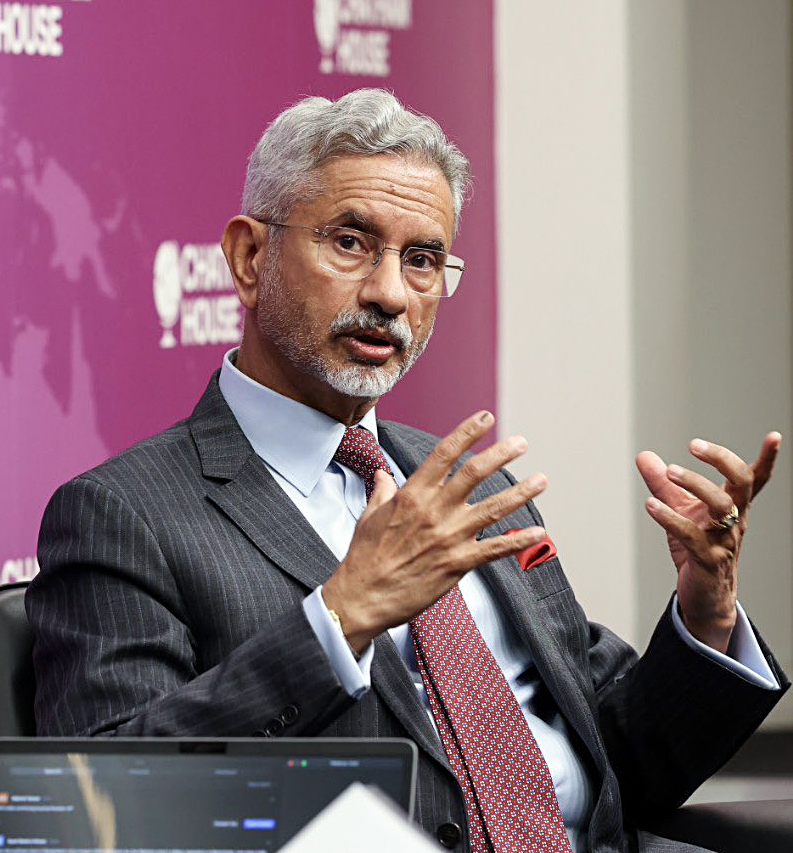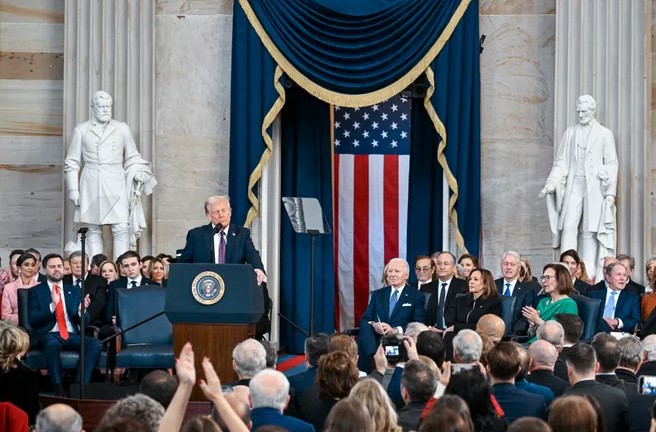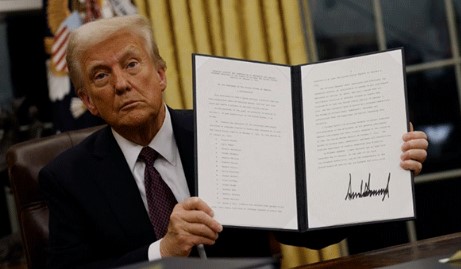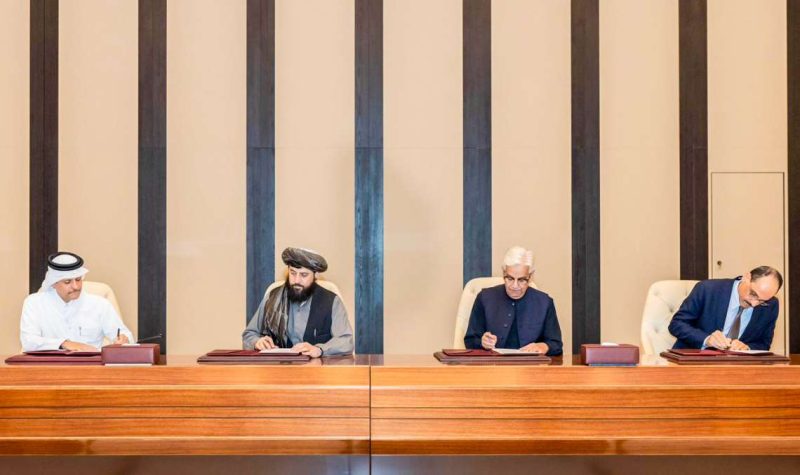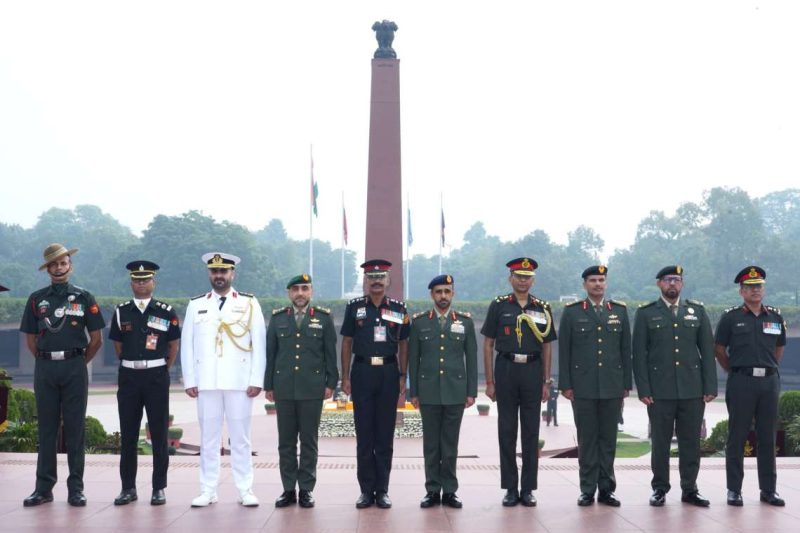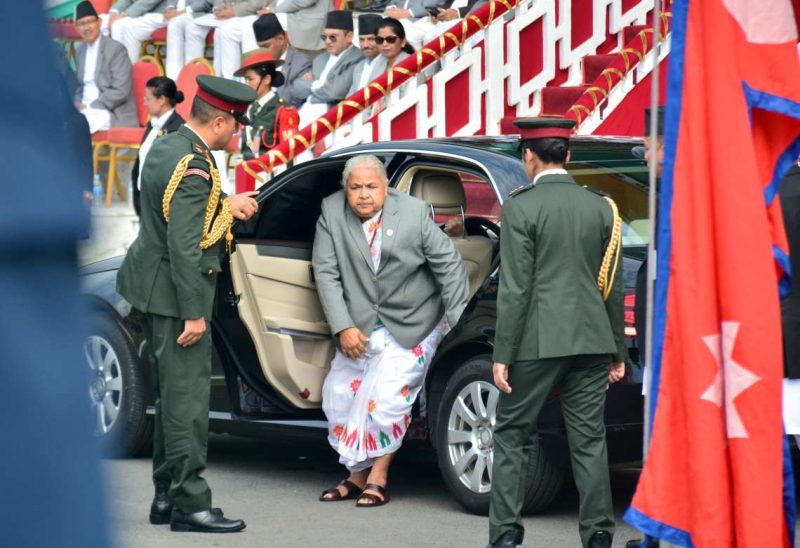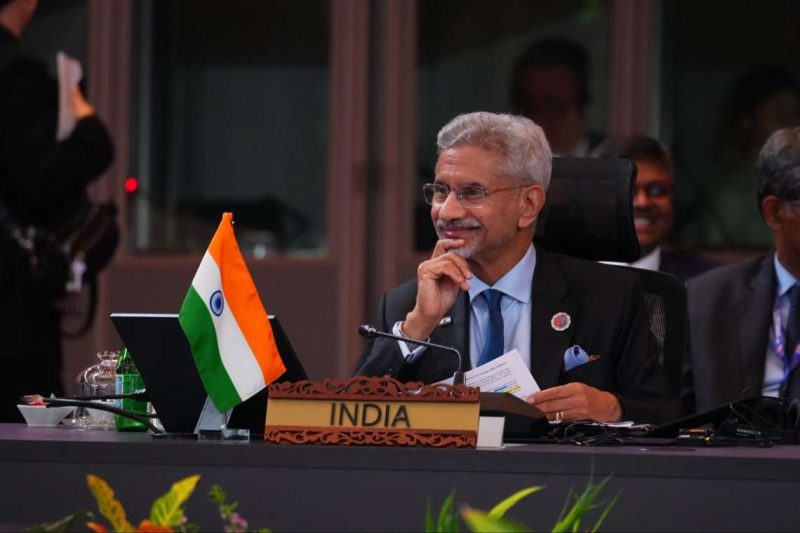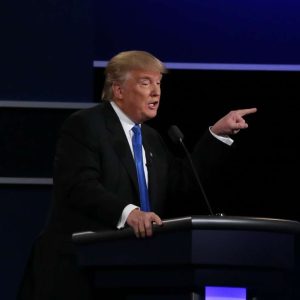President Donald Trump took a bold step on Monday by announcing the United States’ withdrawal from the World Health Organization (WHO) on his first day back in office. This decision, which comes as a continuation of his longstanding criticism of the UN’s public health body, signals a dramatic shift in US global health policy.
The official executive order, signed by Trump, condemns the WHO for its mishandling of the Covid-19 pandemic, particularly its response to the outbreak that originated in Wuhan, China. The order also criticizes the WHO for failing to implement necessary reforms and for its perceived political influence from member states, which Trump argued compromised the agency’s independence.
Trump remarked that the move was a significant one, citing his belief that the US had been unfairly burdened with excessive financial contributions to the organization compared to other nations. The order also claims that the WHO continues to demand “unfairly onerous payments” from the United States.
This latest development follows Trump’s initial move in 2020 to begin the withdrawal process from the WHO, although his successor, President Joe Biden, reversed the decision six months later. Trump has repeatedly criticized the WHO for failing to hold China accountable for the early spread of Covid-19 and has described the agency as a “puppet of Beijing.” He has vowed to redirect the US contributions to domestic health initiatives.
As part of his new administration’s health policy, Trump has nominated several critics of the WHO, including Robert F. Kennedy Jr., a vaccine skeptic, for the role of Secretary of Health and Human Services. This department oversees major US health agencies, including the CDC and FDA.
A spokesperson for the WHO declined to directly address Trump’s decision but referred to a December statement by WHO Director-General Tedros Adhanom Ghebreyesus. During a press briefing, Tedros expressed confidence that the US would come to a final agreement on a pandemic response pact by May 2025.
Critics have warned that the US withdrawal could weaken global disease surveillance and emergency response systems, hindering efforts to combat future health crises.
ALSO READ-Trump Declares National Energy Emergency to Boost Oil and Gas Production


